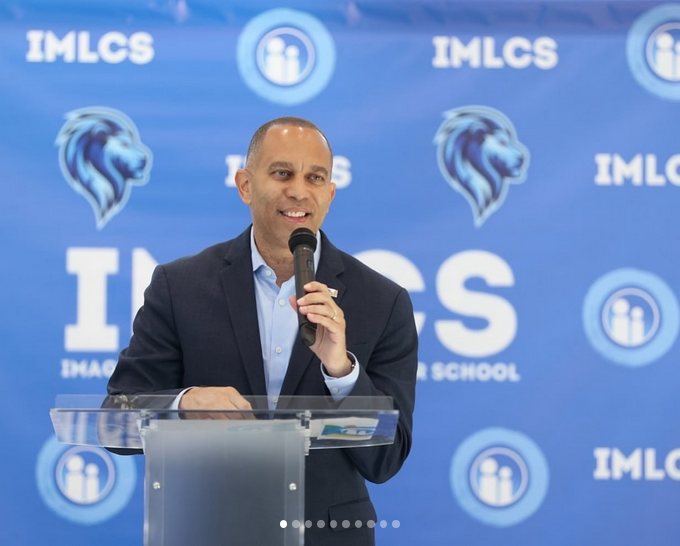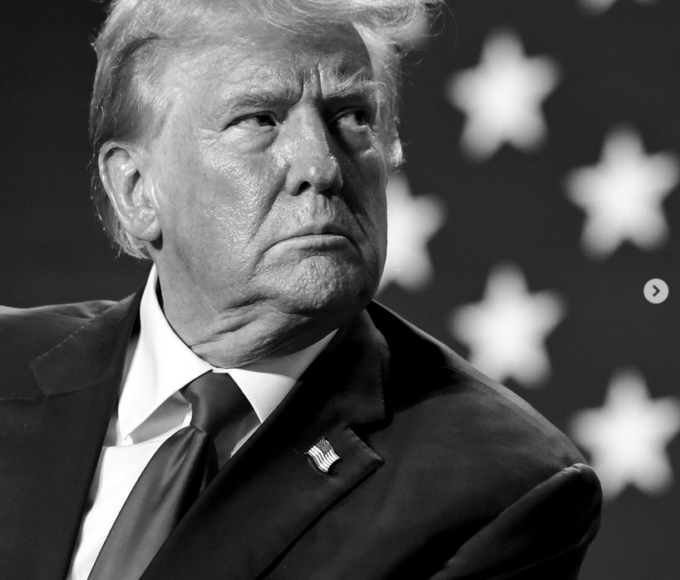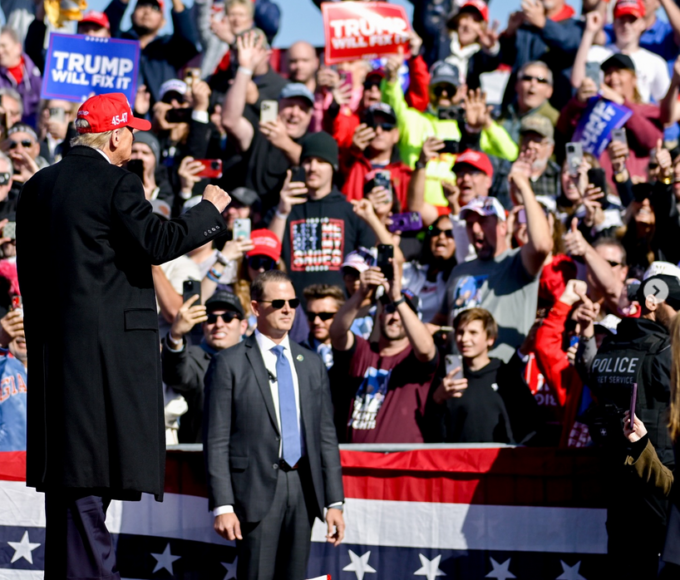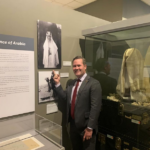THE Uttar Pradesh bureaucracy is witnessing a rather new phenomenon. Though I can claim to be the harbinger of this new movement, it gained true momentum and caught eyeballs when senior IAS officer Surya Pratap Singh, currently, Principal Secretary (Public Enterprises) came out in the open to participate in people’s movements and started expressing his solidarity with various social causes.
Singh got himself associated with an NGO called VAST (Voluntary Action for Social Transformation) and has no qualms about speaking his mind openly and also on social networking sites. He recently conducted voluntary inspection in 151 examination centres in 26 districts during the UP Board examinations. On Facebook, he has said that the evaluation system has deteriorated with the future of Class X and XII students hanging in the balance. He has also created a Facebook page, ‘Nakal Roko Abhiyan’, to create awareness against copying.
He has chosen Facebook to speak out regarding the alleged “apathetic” attitude of the government towards issues like crop damage and farmer suicides. He posts his comments along with newspaper reports on issues that also include reports of mass copying in Board examinations.
For instance, one of Singh’s posts says: “Anndata musibat mein aur yeh rajnaitik chakallas baji me samay kharab kyon (Sharing news reports of untimely rain and fear of drought looming along with certain political onemanship).”
After the state government recently claimed that no farmer had committed suicide due to crop loss, Singh had written: “Annadata musibat me aatmahatya kar raha hai aur woh keh rahe hain koi nahin mar raha, kyon pareshan ho, yeh sab to chalta hai! 100 se jyada mar chuke hain, ab to jaagna chahiye (Farmers are committing suicide and they say no one has done so, it is nothing unusual. More than 100 farmers have died, time to wake up now).”
Another post stated: “Annadata musibat me tatha Lucknow me gramin cricket league ka glamour” (shared photographs of CM of Uttar Pradesh batting at the opening of the cricket tournament and a Bollywood singer performing at the event).
When asked by the media what these comments meant and whether they weren’t violative of the service conduct rules, Singh explained that the comments were not against the government but were suggestions to correct what is wrong. He also explains that service rules permit an IAS officer to associate with any social work without taking the government’s nod, adding: “Being a civil servant, I am accountable to the people and weaker section and not to any political master.”
Recording this set of events, an article, “UP babus turn activists, government turns blind eye”, came out in a leading newspaper and said: “Activism is in the air and more and more bureaucrats in Uttar Pradesh are turning social activists with a vengeance, causing considerable embarrassment to the people in power.”
This article also mentions me, “Amitabh Thakur, senior IPS officer, has also turned into a full-time activist. From filing public interest litigations, to staging demonstrations and questioning the functioning of the system, he does it all with an alarming regularity. Thakur and his activist wife, Nutan Thakur, are making headlines almost every day, raising issues that leave the government red-faced at times.”
In the background of these facts, the article quotes a former chief secretary, who allegedly spoke on condition of anonymity, as saying that this new trend of bureaucrats turning social activists pointed towards a collapse of the system and lack of assertion of political authority, stating: “Though technically, the officers may not be crossing the line but it is definitely the tradition and decorum of the cadre. I am shocked why the state government is turning a blind eye to such activities and punishment is restricted to just transfers. This kind of activity was unacceptable till a few years ago but nothing seems to matter now which is extremely unfortunate.”
What the above facts say is that the bureaucracy is divided in two definite groups regarding the social participation of officers. This naturally means that one needs to look at the rules and regulations in this regard to arrive at the truth.
Regarding social participation of IAS and IPS officers: Rule 13(2) of the All India Services Conduct Rules very clearly state, “A member of the Service may, without the previous sanction of the Government, (a) undertake honorary work of a social or charitable nature, or (b) undertake occasional work of a literary, artistic or scientific character, or (c) participate in sports activities as an amateur, or (d) take part in the registration, promotion or management (not involving the holding of an elective office) of a literary, scientific or charitable society, or of a club, or similar organisation, the aims or objectives of which relate to promotion of sports, cultural, or recreation activities, registered under the Societies Registration Act, 1860 (21 of 1860), or any other law for the time being in force.”
Thus it is clear that officers do not need any permission from the concerned government to participate in any social activity. Yes, there is a proviso which says that the officer shall discontinue taking part in such activities if so directed by the government but the government order needs to state definite reasons for issuing any such direction. After having gone through the above rule, I don’t think any further explanation is required.
Regarding connection with the press or radio: Rule 6 of the above rules says that previous sanction of the government shall not be required when the member of the service, in the bona fide discharge of his duties or otherwise, publishes a book or contributes to or participates in a public media provided that he shall observe the provisions of rules and at all times make it clear that the views expressed are his own and not those of the government. Thus, it is pretty obvious that as long as an officer makes it clear that it is his personal views, nothing stops him from doing so.
REGARDING criticism of government: Rule 7 says that no member of the Service shall make any statement of fact or opinion which has the effect of adverse criticism of any current or recent policy or action of the central government or a state government. This rule also makes it pretty obvious that the officers are restrained from criticising only recent policy and acts of the government. This does not extend to an act of an individual, howsoever high an office that person might be holding. Thus, the conduct rules only restrain adverse criticism of state policy and acts and not improprieties, if any, on the part of any of the functionaries.
The above facts make it clear that the Rules never restrain making appropriate statements as regards an individual but only against the state government. The problem starts when people start treating themselves as the State.
In sum, the law of the land is very clear about “activist bureaucrats”-that they are not only permitted but are actually welcome and hence people like Singh need to be applauded and not to be punished as per the opinion of that coward chief secretary, who did not have the courage to come forward to own his statement even after retirement, and possibly does not like anyone who has courage and conviction of his own. The days of a sheepish bureaucracy are over and the mantle now belongs to these “activist bureaucrats”.
Amitabh Thakur, an IPS officer from UP, is also working for transparency in governance. The views expressed here are personal
































































